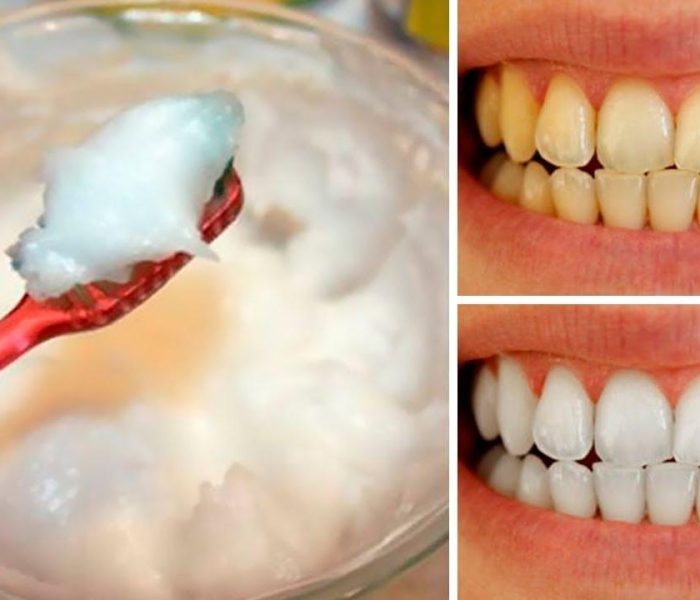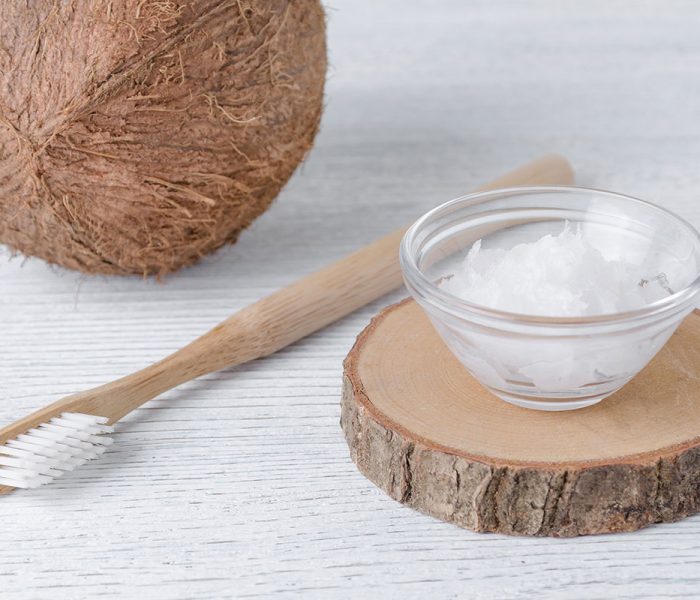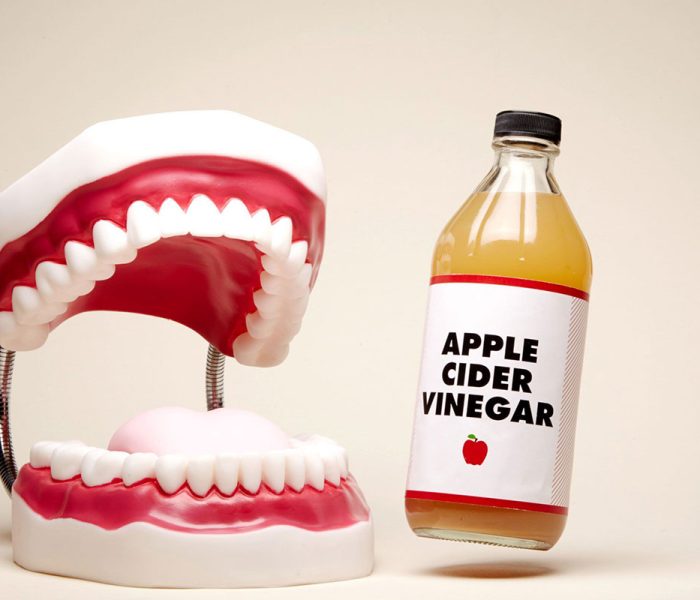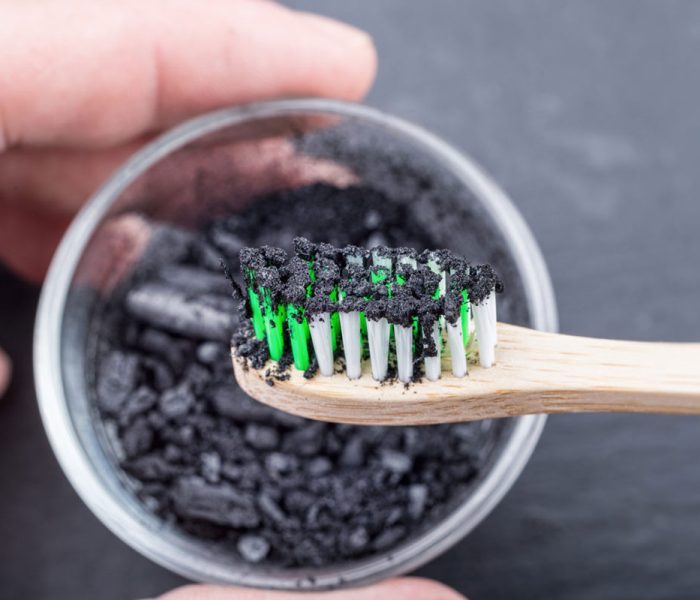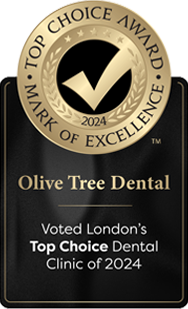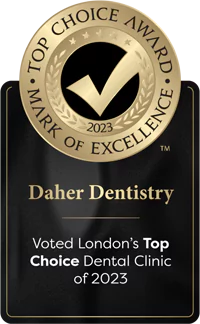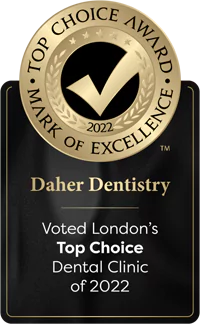Tooth discoloration or yellowing of teeth is a quite common problem that can affect anyone, regardless of the shape or alignment of their teeth. It’s not just a cosmetic issue, but it can also impact our self-confidence and self-esteem. The good news is that several simple yet effective home remedies can help remove those yellow stains and restore the whiteness of your teeth!
1. Baking Soda and Hydrogen Peroxide
If both of these substances are present in toothpaste, they can work to whiten teeth by removing stains. Furthermore, a 2017 study regarding toothpaste with baking soda confirms their safety and effectiveness when used daily. Thus, it’s proven that baking soda removes tooth stains by whitening teeth. So, you can confidently incorporate this into your daily oral care routine.
2. Coconut Oil Pulling
3. Holy basil
4. Fruit Peel
Fruits are also capable of doing miracles for your dental health. Applying banana, lemon, orange peel, and strawberry paste will definitely make your teeth whiter and stronger. You can use lemon in two different ways to brush your teeth. You can either use it by peeling or by juicing.
5. Apple Cider Vinegar
6. Activated Charcoal
How Much Can Your Teeth Get Whiten By Home Remedies?
The result of teeth whitening is completely unpredictable as you cannot specifically select the shade. Plus, everyone has a different response to teeth whitening methods.
Key Takeaway
In essence, the results of teeth whitening methods usually differ from individual to individual. Still, with the practice of dental hygiene, which consists of regular brushing, flossing, and dental checkups, people can maintain the shine and brightness of their teeth. So, if you have discolored teeth, you need to incorporate these methods and get a pearly white smile.


